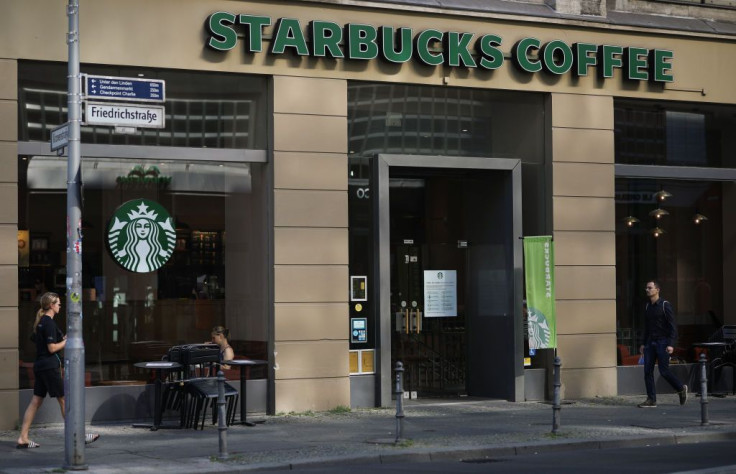Starbucks Launches Blockchain System For Customers To Trace Where Their Coffee Came From

KEY POINTS
- Through a code, customers will now know the origins of their Starbucks coffee
- Farmers can also track their products
- The initiative targets sustainability-conscious customers
Global company Starbucks will now allow customers to trace the origins of their coffee and will also let farmers know what happened to their beans.
To entice sustainability-conscious customers, the coffee giant would employ Microsoft’s blockchain-based tool to track the entire coffee supply chain -- from the site where the beans are harvested to the coffee prepared using them. The coffee bags purchased from Starbucks outlets in the U.S. would have a QR code that customers can use to find the beans’ origins and they can also read brewing tips from Starbucks baristas.
Farmers would also be given a code to track the beans they produced.
At the moment, this tool is only available on coffee bags purchased from Starbucks stores. It is not yet available on bags purchased outside or on every cup that the customer will buy.
Traceability is made possible by Starbuck’s intensive data collection, which it has been doing for more than 10 years, a Bloomberg report says. "That allowed us to have the foundation to now build a user-friendly, consumer-driven tool that certainly provides that trust and confidence to our customers that we know where all of our coffee comes from," said Michelle Burns, Starbucks’ senior vice president of global coffee, tea and cocoa.
The initiative aims to target the growing number of sustainability-conscious young consumers who have begun ditching the popular chain in favor of small craft coffee shops.
There was no mention of which Microsoft solution was used, but Cointelegraph noted that the company was a leading blockchain-as-a-service provider through its Azure Blockchain Service. The publication first reported the Microsoft-Starbucks partnership last year but the coffee company announced its "bean to cup" initiative in 2018. Starbucks was also exploring crypto payments with Microsoft the same year.
Blockchain is an excellent tool for tracking, so coffee roasters like J.M. Smucker Co and Jacobs Douwe Egberts joined a blockchain initiative last year to track the origin of the beans as well as the prices along the supply chain, Bloomberg reported.
© Copyright IBTimes 2025. All rights reserved.





















